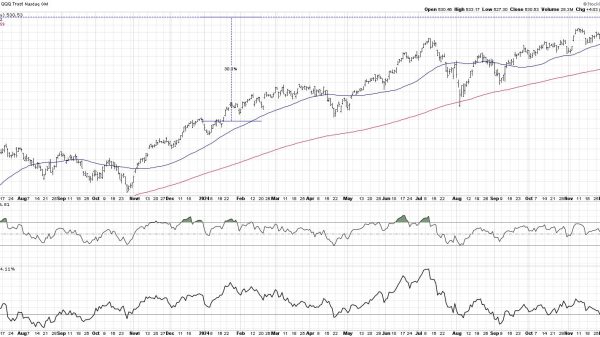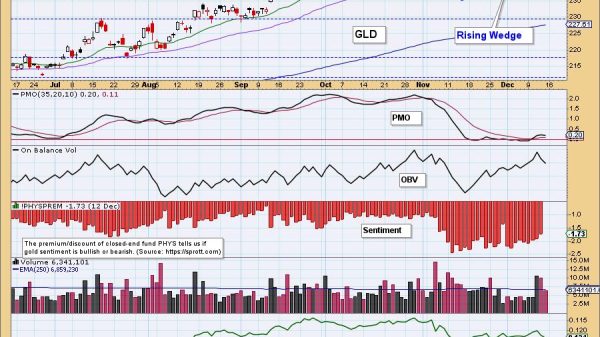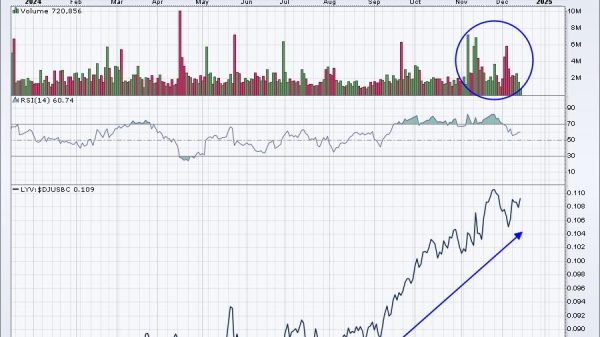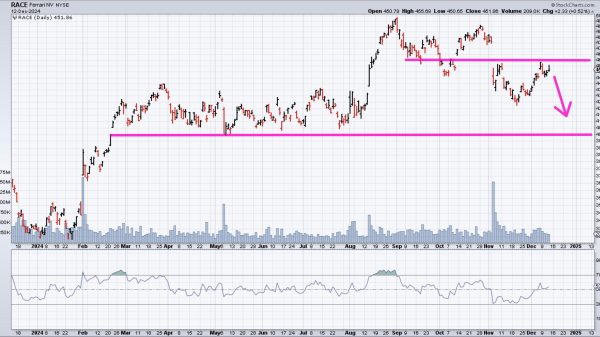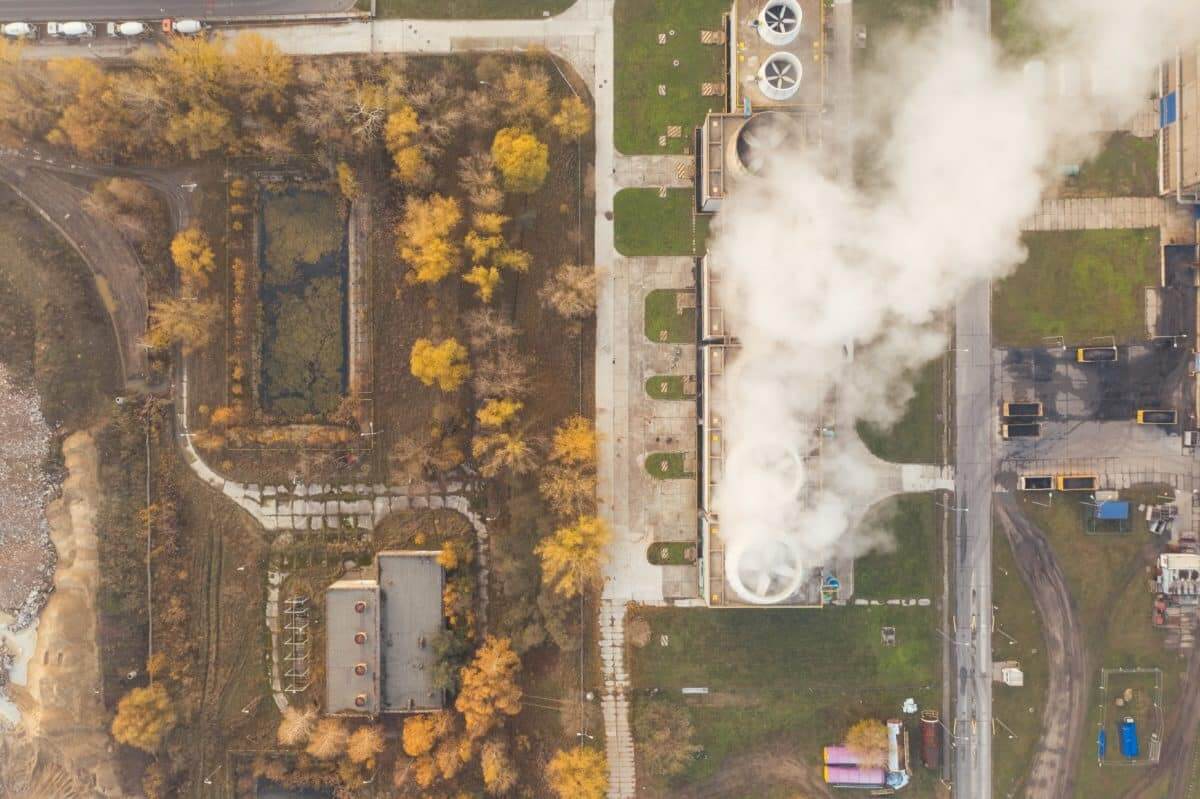Israel to Egypt Gas Flow Resumes
The resumption of natural gas flows from Israel to Egypt marks a significant development in the energy landscape of the Eastern Mediterranean. After a temporary hiatus due to war-related disruptions, these gas deliveries have restarted, promising to stabilize the energy supply not only in the region but also beyond.
The Disruption and its Impact
The interruption in gas flows was a consequence of the hostilities between Hamas and Israel, with the Israeli response causing imports of natural gas to come to a halt. Egypt, which used to import around 800 million cubic feet of natural gas from Israel, was hit hard. Israeli authorities have instructed Chevron to halt production at the Tamar field because of its proximity to the conflict zone. They directed the supermajor to reroute production from the Leviathan field to Jordan.
Chevron assumed control of the Tamar and Leviathan gas fields through its acquisition of the original operator, Noble Energy. The significance of these fields cannot be overstated, with Tamar having reserves estimated at around 11 trillion cubic feet of gas and Leviathan boasting twice that amount, according to estimates cited by Energy Intelligence.
Implications for Israel and Egypt
The resumption of natural gas flows from Israel to Egypt is not just about energy trade; it has far-reaching consequences. These Israeli exports played a crucial role in securing Israel’s growing energy demand, and the surplus gas found its way to Europe, courtesy of Egypt’s LNG plant.
However, with the shutdown and rerouting, Egypt faced a crunch, leading to daily blackouts during a period of increased demand. Now that Israeli gas is flowing to Egypt again, the blackouts may cease. But it’s important to note that exports to Europe may not immediately return to normal. Egypt’s top priority is to ensure its domestic supply.
The European Perspective
The resumption of natural gas flows from Israel to Egypt might raise questions about Europe’s energy supply, given its reliance on these imports. Europe, however, appears to be in a reasonably stable position. Recent Reuters reports suggest that nearly 30 LNG tankers are currently in transit to Europe and the UK, with expected arrival by month-end. This influx of liquefied natural gas should help meet Europe’s energy needs.
Egypt, on the other hand, is poised to resume its exports of LNG. Still, the timing will be contingent on domestic demand subsiding.
Russia’s Booming Oil and Gas Revenues
In a separate energy landscape, Russia’s oil and gas revenues surged in October, more than doubling to 1.635 trillion roubles ($17.63 billion) from 739.9 billion roubles in September. This increase is attributed to a cyclical rise in profit-based tax.
Oil and gas sales have accounted for over 28% of Russia’s total budget proceeds this year. The revenue also marked a substantial rise of 27.5% compared to October 2022. The government’s decision not to pay the so-called “damper payment” to oil refiners played a role in this revenue boost.
US Sanctions on Russian LNG
Amid these revenue gains, the energy sector is facing new challenges. Sanctions have been applied by the United States to the Arctic LNG 2 project of Novatek PJSC. This move has raised concerns about Japan’s energy security, as the country is a major investor in this project, set to start LNG exports in the coming months.
This development marks the first instance of the United States directly targeting an LNG export plant in Russia. The potential impacts of these sanctions are still being examined by the companies involved.
Japan’s Complex Energy Dilemma
Japan finds itself in a complex energy dilemma. While it has imposed restrictions on Russia and banned the import of coal, it has made exceptions for natural gas. This is because natural gas plays a critical role in generating about a third of Japan’s electricity and heating homes. With limited domestic energy resources, Japan has intensified efforts to secure LNG after facing an energy crisis last year.
Japan is firm in its stance that Russian LNG is necessary to meet its energy needs. The Japanese government, in fact, encouraged Mitsui & Co. and Mitsubishi Corp. to retain their investments in Russia’s Far East Sakhalin-2 LNG facility. This stands in contrast to Shell Plc, the largest foreign shareholder in a plant near Japan, which divested its stake following Moscow’s invasion of Ukraine.
Reenergizing Energy: Israel, Russia, and Geopolitical Challenges
The resumption of gas flow from Israel to Egypt brings relief to a region that relies on these vital energy supplies. It also highlights the complex dynamics of the global energy market, with Russia’s oil and gas revenues soaring while facing challenges from international sanctions.
As we navigate the intricate world of energy trade and diplomacy, the resumption of natural gas flows from Israel to Egypt and the sanctions on Russian LNG remind us of the interwoven nature of energy security and geopolitics. The quest for stable and reliable energy sources continues to shape international relations, and these recent developments are just a snapshot of this ongoing saga.
The post Israel to Egypt Gas Flow Resumes appeared first on FinanceBrokerage.






